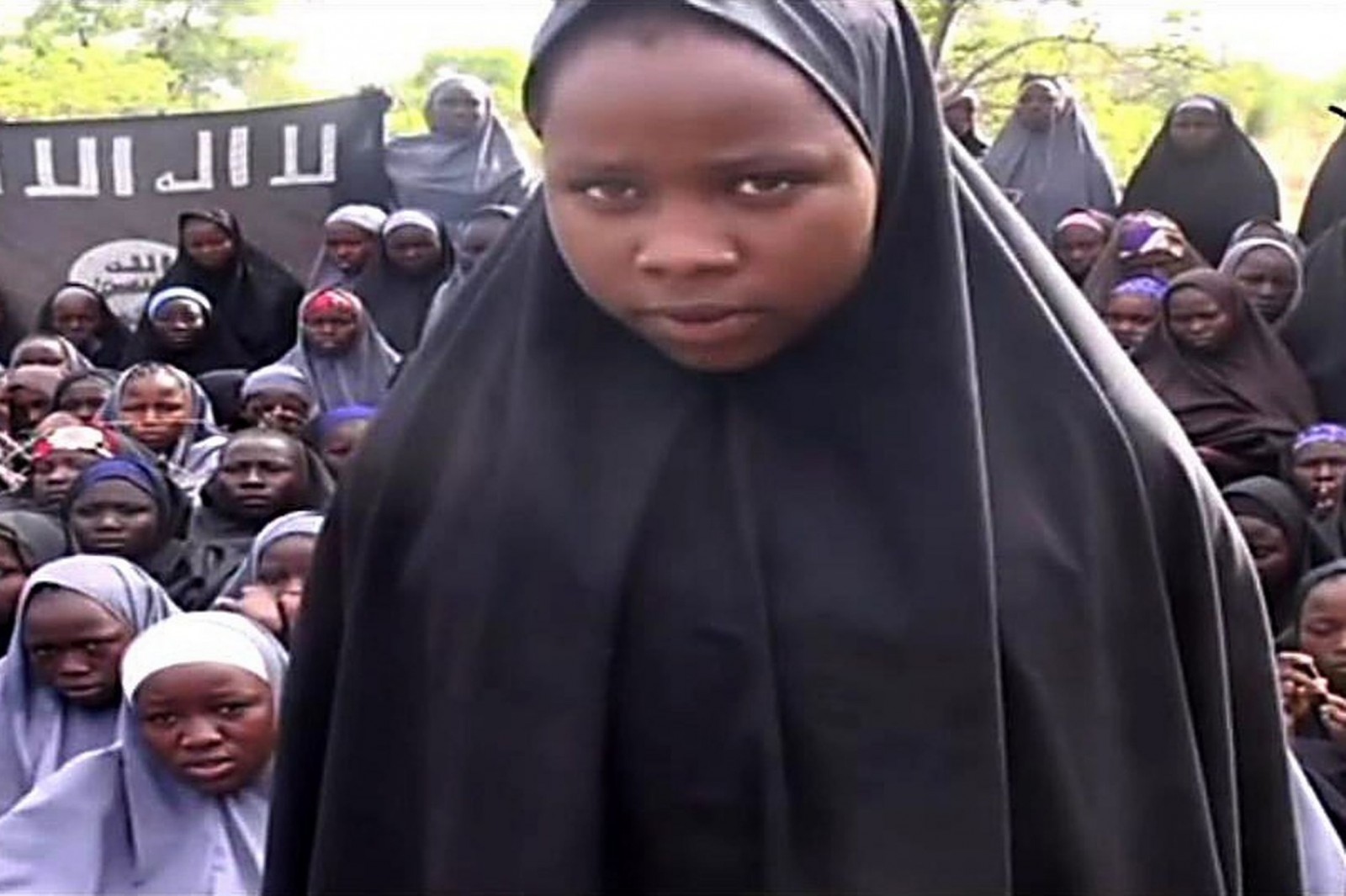The International Committee of the Red Cross has reportedly began helping in a secret plan to exchange Boko Haram sect members held as prisoners in Nigeria with over 200 schoolgirls kidnapped by the sect in mid-April, according to a report by Telegraph UK.
According to the report, the Red Cross has been chairing talks between the Nigerian government and a top Boko Haram member who is presently held in one of Nigeria’s maximum security facilities. In addition the Red Cross has also paid several visits to other Nigerian prisons to identify 16 Boko Haram senior commanders who the insurgents had demanded in exchange for the schoolgirls, acting as an intermediary between two sides that have no trust for each other and to make oversee a coordinated exchange of the schoolgirls and the sect members.
A Nigerian civil rights activist who has been playing a major role in the talks, Fred Eno told the Telegraph: “We felt the negotiations would go better with the backing of a major international humanitarian organisation like the ICRC. There have been two or three ICRC people at each meeting – international staff rather than Nigerians – and they accompany the government security agents to the various prisons and detention centres to identify the people that Boko Haram want released.”
The Telegraph further reveals that the talks have been ongoing for about two months, when Red Cross representatives, in company of some government officials and several others from civil rights group in Nigeria met with a man simply identified as “Omar”, a senior Boko Haram commander who is serving a life sentence in Kuje prisons near Abuja, who has been acting as a spokesperson for sect members currently in detention.
Sources reveal that the negotiations were close to conclusion, with a Nigerian delegation sent to Yola, the Adamawa state capital with the hope of picking up the girls. Unfortunately this was not to be as the insurgents refused to release all the girls once, as against government’s stance.
The unnamed source said; “The insurgents wanted to release the girls on a piecemeal basis, but the government turned down that offer. There was also some opposition from some factions inside of the government to doing any kind of prisoner swap at all, as they feel the Boko Haram prisoners are hardened criminals who have committed heinous crimes.”
Eno explained the reasons for breakdown in negotiations, as the Red Cross and prison authorities could not match names given to them by the insurgents with those in jail.
Doubts have also been raised over whether the girls would be released as western diplomats in Abuja disclosed that the Western governments have put pressure on Nigeria not to hold talks with an insurgent group as brutal as Boko Haram.
Reports say this is not the first time the Red Cross would engage in negotiations to free captives, as they have done so in the past with the Taliban in Afghanistan.







